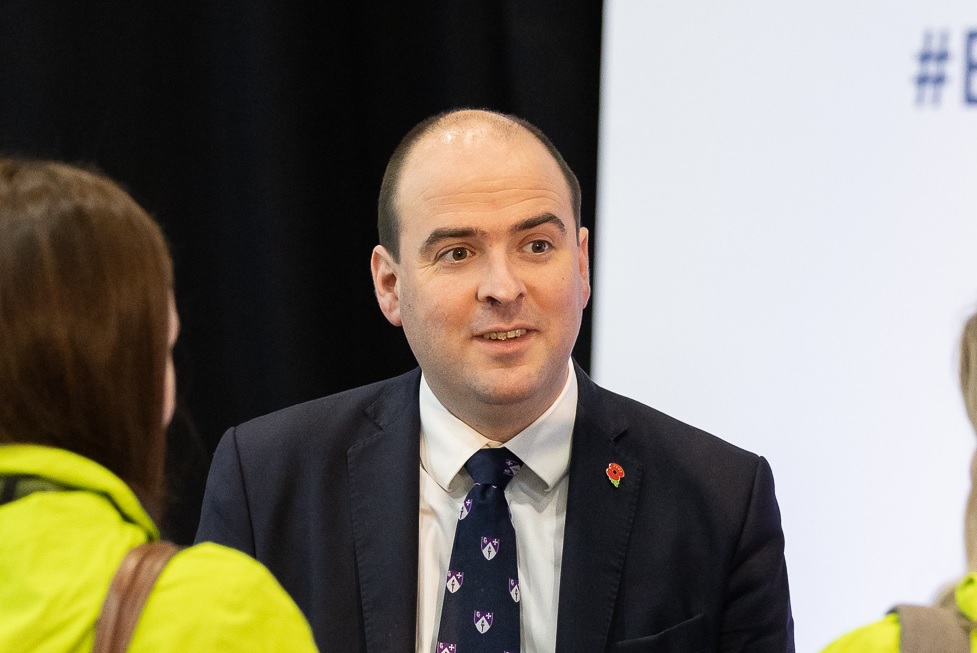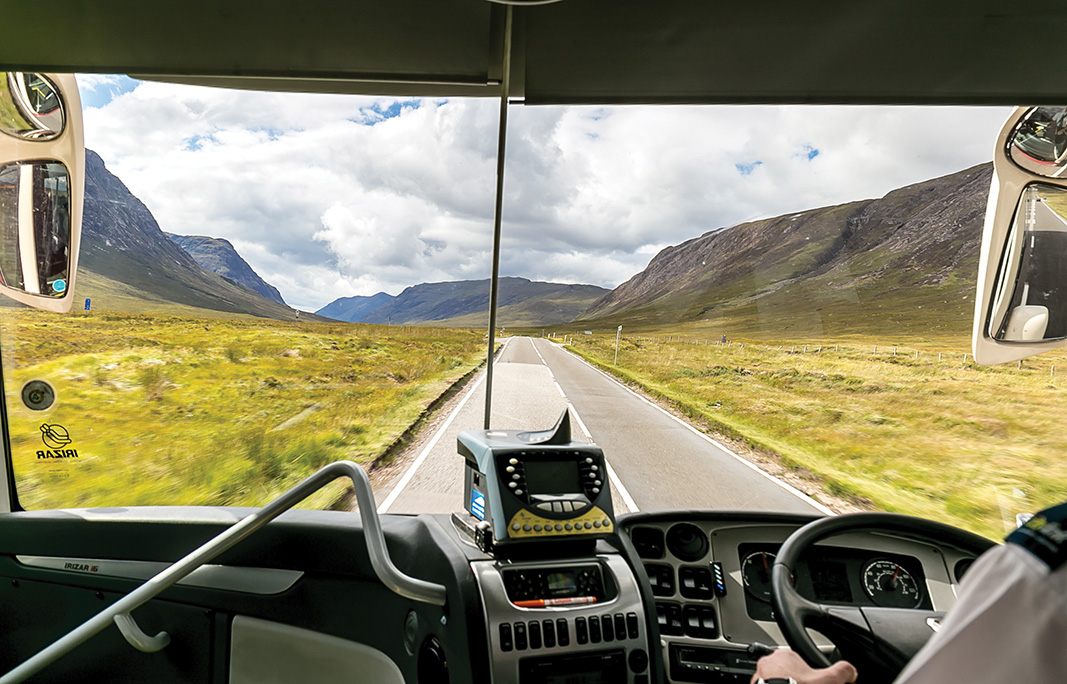Buses Minister Richard Holden said two particularly significant things at the Confederation of Passenger Transport UK Bus and Coach Conference. One related to bus and was presented to delegates. The other captured coach and was spoken elsewhere.
For bus, a mention that the Treasury is among parties working with the Department for Transport to develop a plan to put the sector in England on a sustainable footing is remarkable. The minister’s words were a heavy hint that funding – perhaps long-term funding – will continue beyond 30 June.
Treasury involvement suggests recognition of how politically damaging service cuts would be. That Mr Holden urged operators to lobby MPs to get them on side is equally noteworthy. This is a political game, and the bus industry must play it as such.
Coaches occupied less of the minister’s time at the Conference. However, he was quizzed on the likelihood of support for the sector’s transition to zero-emission. The mood music there is unreceptive.
In an indication that the government still struggles to differentiate between coach and bus, its future policy is clearly based on zero-emission coaches and buses moving quickly towards full commercial viability.
In some locations that point is here for bus. It also exists in parts of the coach sector; around half of the few zero-emission coaches yet deployed are by default entirely commercial. But the challenges around adoption of more are stark. In Scotland, at least, that is partially recognised. But elsewhere, this matter must also become political if the UK’s coach industry is to plot a route away from diesel.

























